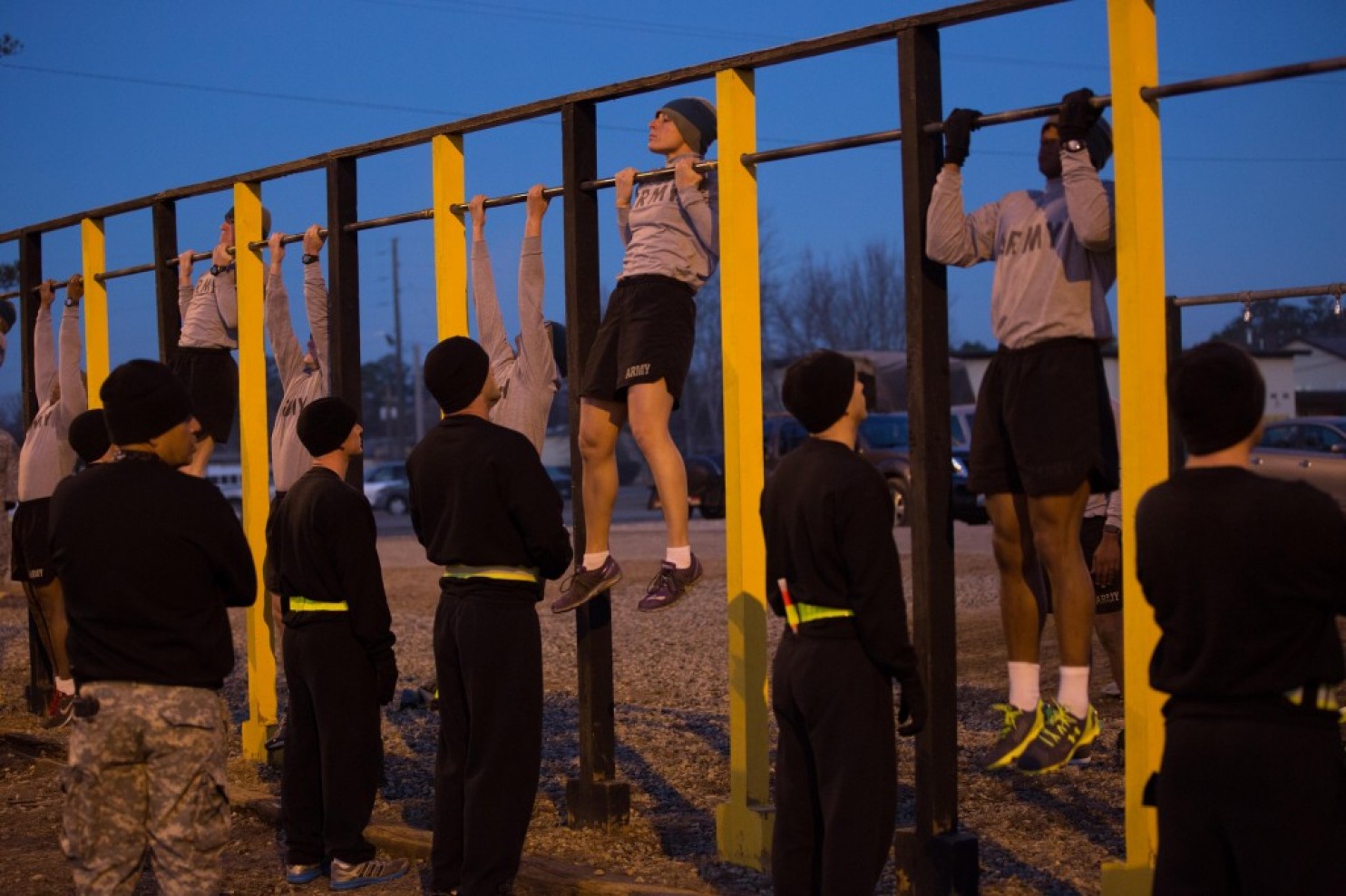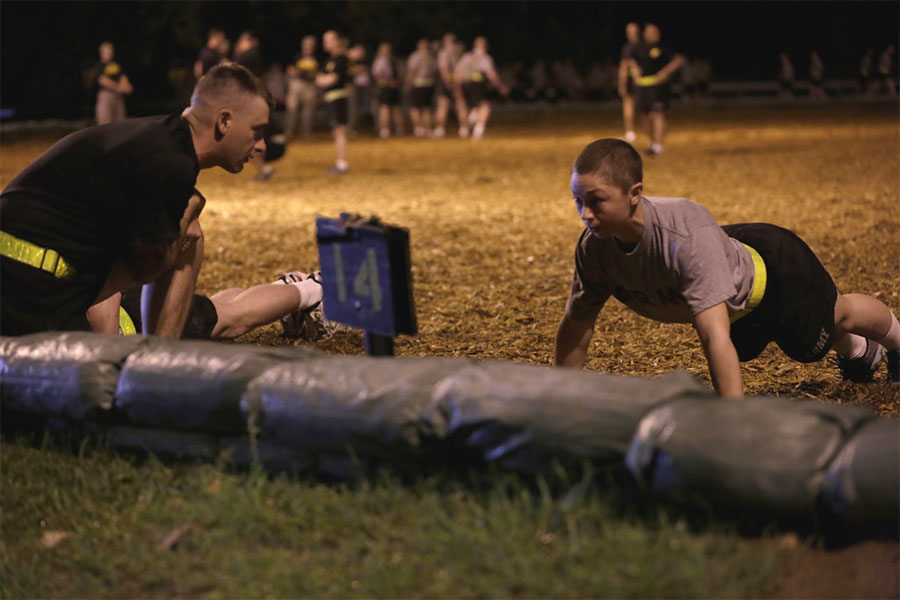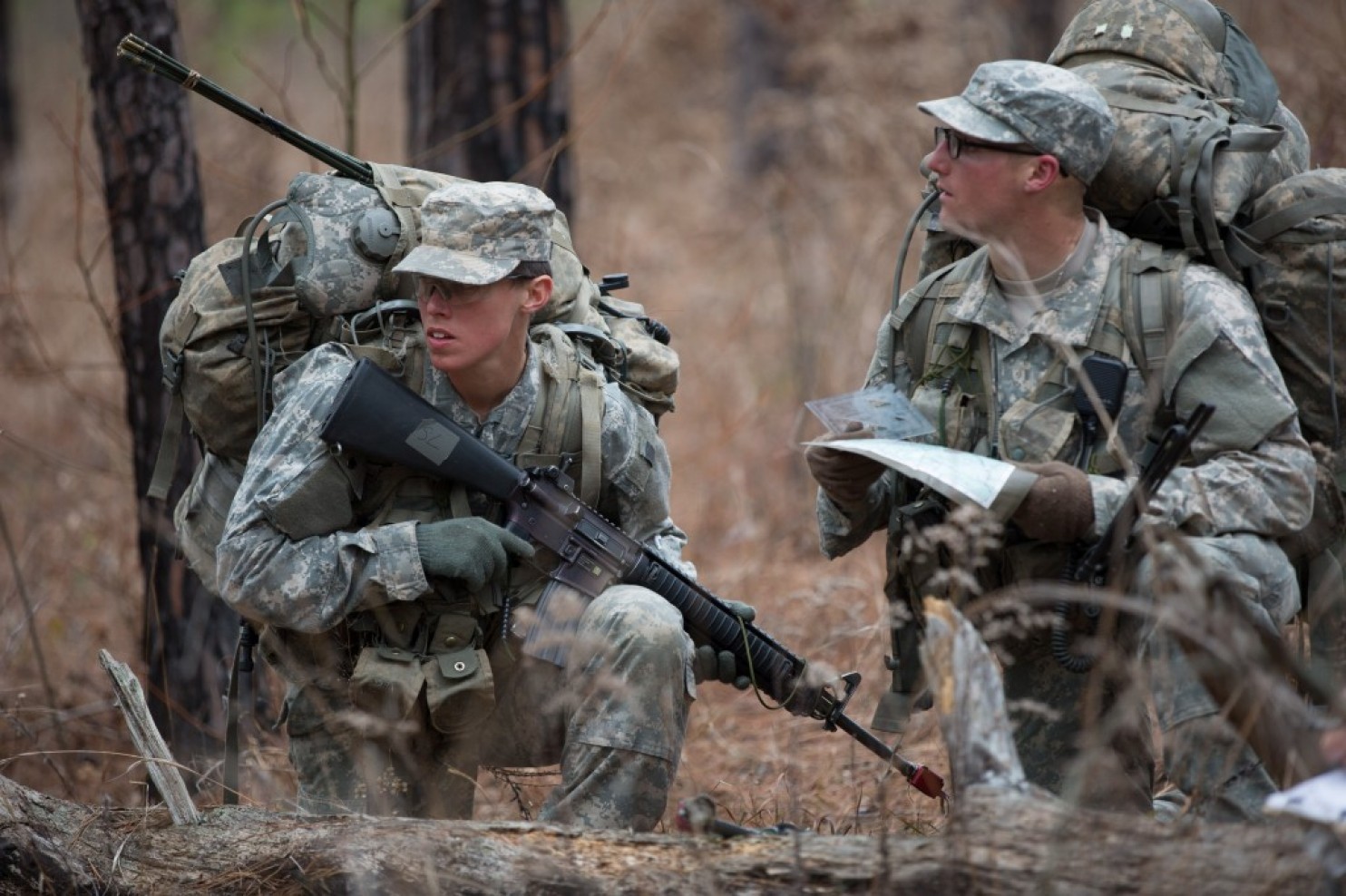The United States Army Ranger School is one of the most challenging military schools in the world. It is the Army’s premier combat leadership and small unit tactics course. For the last 12 years, only 49% of those who have attempted the course have succeeded. Each month over 400 students arrive at Fort Benning, Georgia for their chance to face the toughest physical, mental, and emotional challenge they will likely ever encounter. There is a reason Vietnam veteran and former Department of Military Instruction Director at the U.S. Military Academy COL Robert “Tex” Turner famously said, “I woke up in a cold sweat, I had a nightmare that I was still in Ranger School. Thank God that I was in Vietnam. Compared to Ranger School, combat was easy.”
I get a lot of questions from cadets on how to prepare for Ranger School. Every Ranger School graduate has a horrific (and most likely true) story of the pain, suffering, and seemingly unimaginable feats of human endurance from their time during the course. These stories help maintain the cultural significance afforded to soldiers that wear the ranger tab. But these stories offer little that will help hopeful ranger students prepare for the experience. There are many challenges and stressors in Ranger School – some challenges you can prepare for and some you cannot. These are my personal recommendations for aspiring Rangers.
Not knowing what to expect: You can reduce the stress of the unknown by seeking out information from reliable sources. Ask questions of Ranger graduates that will make you more aware of what the course entails, rather than Ranger School war stories. How are patrols graded? What does a normal day look like during the field problems? How do peer evaluations work? The Airborne and Ranger Training Brigade has done a great job of providing information on their website. They’ve even provided a program of instruction calendar that shows the events of every day of the course.
Gaining entry. Many hopeful Ranger students fear that they will not pass the entry tests that are given during the first week of Ranger School. This week is aptly dubbed the Ranger Assessment Phase (RAP) where students are evaluated for their ability to endure the 62 day school. Failing to pass the tests of RAP week is the biggest reason soldiers fail out of Ranger School, topping all other failures at 62%.
RAP week includes the Ranger Physical Assessment (RPA) given bright and early on the first day of the course. The RPA requires students to complete 49 push-ups, 59 sit-ups, a 5-mile run in 40:00 minutes, and six chin-ups from the dead hang. Of the testable events of RAP week, the RPA is the biggest killer.
This is a challenge you can overcome. There is no Ranger School standard or quota as many believe. Students are graded against Army standards. Students fail because they have never been held to these standards. I’ve seen many eager soldiers that reported to Ranger School having scored 90 or 100 pushups at their unit or last school clearly shocked when they fail to achieve less than the required 49 push-ups. They fail because they did not follow the army standards of “when viewed from the side, your body should form a generally straight line from your shoulders to your ankles…begin the push-up by bending your elbows and lowering your entire body as a single unit until your upper arms are at least parallel to the ground. Then, return to the starting position by raising your entire body until your arms are fully extended. Your body must remain rigid in a generally straight line and move as a unit while performing each repetition.”
The next highest attrition event in RAP week is land navigation. This is another challenge where your preparation can make a big difference. Fort Benning terrain lends itself to terrain association, but dead reckoning may also be your preferred technique. The best way to prepare for this is to practice. If you are constrained by resources or training sites, you and a few friends can set up points at your local park and practice navigating to them.
You must prepare for RAP week. Yes, I do advocate training for the test. I am old school in that I follow the frequency, intensity, time, and type (FITT) methodology. All this means is that if you want to pass a push-up, sit-up, pull-up, run, and foot march test, then there better be a lot of that in your work out plan. You should also have someone else test you—to Army standards–frequently. My last recommendation for the entry test has always been that you should be able to pass the requirements on your WORST day, not just when you are feeling good.
Physical exertion: Great. You made it into Ranger School. Now you have to physically perform and endure during the course. This is where being overall strong and fit comes in. There are many real and fake workout programs out there that guarantee success in Ranger School and Special Forces courses. The U.S. Army Ranger School provides a 30-60-90 day workout plan and a nutrition/progressive overload prevention guide. My only recommendation is to foot march with a ruck sack – a lot! You will wear a ruck for up to 15-20 hours a day for each of the three 10-12 day field problems. The craziest thing I observed as a Ranger Instructor was students in the mountain phase with something we called “rubber neck.” Because the students’ bodies were weak and not prepared for the pull of the weight of the ruck on their neck and back for extended periods of time, their neck muscles seized, a large lump formed, and their heads were locked all the way down on their chest. Like any muscle injury, their condition was temporary. It was also preventable. Be prepared!
Sleep deprivation: You will get zero to four hours of sleep per day in Ranger School. I’m not joking. You will experience a level of tiredness you could never impose on yourself. You will see people fall asleep standing and some that remain asleep even as the slam into the ground. This is not a challenge you can do anything about. You can’t and shouldn’t practice sleep deprivation.
Food deprivation: You will get two Meals, Ready-to-Eat (MREs) a day during most of Ranger School. Each MRE provides an average of 1,250 calories. That may seem like a lot but since Ranger students are moving most of the day they burn multiple times over that amount. It is very common for Ranger students to lose 10-20 pounds during the course. There is not much you can do about this challenge. I do not recommend attempting to “bulk up” or adding weight before attending the course. That will only detract from your efforts to be in an overall healthy and physically prepared state.
Not knowing small unit tactics: Ranger School is designed to teach students everything they need to know in the course. The classes given during the school start with the role of a riflemen and progress all the way up to how to conduct a raid with a Zodiac boat insertion. Science will tell you that being sleep deprived is not conducive to learning. You will definitely learn in Ranger School, but it will be more from repetition than anything else. So the more you know about light infantry small unit tactics, the easier and less stressful Ranger School will be.
I strongly recommend that anyone heading to Ranger School to have a firm understanding of troop leading procedures – specifically giving Warning and Operations Orders.
All phases of Ranger School will include you conducting a recon (squad and platoon), ambush (squad and platoon) and raid (platoon). You will also establish and operate in patrol bases for a majority of the patrols. If you know the doctrinal requirements and steps to executing each of these operations, you won’t have to stress about learning them while being evaluated.
The only resource you will have in the course is Student Handout 21-76 (SH 21-76), the Ranger Handbook. I do not recommend reading and memorizing all 357 pages of the Ranger Handbook. Much of it is not applicable to passing the course. That is because the handbook doubles as the handbook for the course and a tactical handbook for light infantry forces. In preparing for Ranger School, I would focus on the following:
Chapter 1 – Duties and Responsibilities. Pages 1-1 through 1-8
Chapter 2 – Operations. 2-1 through 2-17; 2-29 through 2-31
Chapter 6 – Movement. Pages 6-1 through 6-10
Chapter 7 – Patrols. Pages 7-1 through 7-24
Chapter 8 – Battle Drills. Page 8-1 through 8-20
Appendix A – Resources. Pages A-1 through A-19
If you are a West Point Cadet, I would highly recommend reviewing the recon, ambush, raid, and patrol base chapters of your MS300 (Platoon Operations) Digital Textbooks. The step-by-step interactives included in the book use Ranger School techniques.
I would also review the MCOE Warrior University videos of Consolidate & Reorganize, RTB (Dismounted), Formations and Orders of Movement, RTB (FOOM) Dismounted, React to Contact, RTB (Dismounted), React to Indirect Fire, RTB (Dismounted). All of these videos were made with information provided by Ranger School cadre.
Being graded: Ranger School is one of the few places where students are graded for their performance in tactical operations. While the success of the operation will contribute to your assessment, the instructors evaluate each individual’s actions in their leadership position. Each phase of Ranger School patrolling is grading using the same three block model. A chain of command will receive an Operations Order in the early morning. The Platoon Leader, Platoon Sergeant, and Squad Leaders will be graded on their troop leading procedures from receipt of the order through stepping off for the mission. Generally, at that point or shortly after, a new chain of command will be put in charge and lead the operations from movement through actions on the objective. Next, a new chain of command will take over to lead movement to the patrol base through patrol base operations during the night.
The best way to prepare for the stress of being graded is training to standard (as discussed above) and confidence in your abilities. Ranger Instructors will be looking for you to be assertive, make decisions based on sound planning and the principles of patrolling, and violence of action where appropriate.
Internal conflict: The final challenge of Ranger School is you. Ranger School will take you to mental, physical, and emotional places you have never been before. You must be committed to finishing the course or you will question yourself during the darkest moments. Some people will give you recommendations for developing mental toughness but it will ultimately be a question of how bad you want to graduate.
The worst thing I saw in Ranger School were students that gave up either during the course or in the boards that decide whether you continue, recycle, or leave the course. Each had their own reason, but the worst were the ones that rationalized their decision on something waiting for them outside the course (family, deploying unit, etc.). My best recommendation is where possible remove the idea of leaving the course for your own reasons. Ranger School will let you stay in the course as long as you show improvement and desire to remain.
Ranger School is a masterfully designed experience that will place all students at the uppermost limits of physical and mental stress before the point of injury. It will suck. That is the common experience shared by all graduates. If you endure, it will also be one of the most memorable experiences of triumph of your life. Many of the challenges and induced stress in Ranger School have nothing to do with your preparation. But there are challenges you can and should be ready to tackle.






